Buyers' Guide
- Buy Motorhome to Rent (1)
- Buyers' Guide (45)
- Bürstner Motorhomes (8)
- Carado Motorhomes (3)
- Choosing a Motorhome (28)
- Choosing a Motorhome Dealer (5)
- Maintaining Motorhomes (6)
- Motorhome Industry (53)
- Motorhome Reviews (38)
- Motorhome Tips (25)
- Motorhome Travel (7)
- Motorhomes Costs (7)
- Owners' Stories (24)
- Technical Guides (29)
- Wilderness Motorhomes (36)
- Resources
- Blog
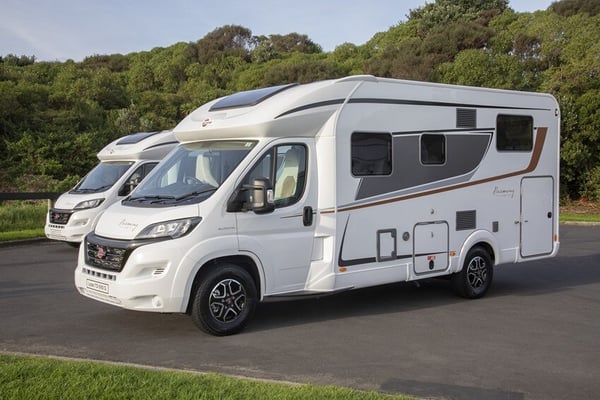
If you’re planning to spend a decent amount on a new motorhome, you’ll have the pick of two types of body construction.
In the more affordable corner is the semi-integrated motorhome — which still retains the front sheet metal parts and cab components of its donor van that provided the platform.
If you’re planning to spend a decent amount on a new motorhome, you’ll …
Fiat may have recently lost ground to upgraded European vans like the Mercedes Sprinter, Ford Transit and Volkswagen Crafter. But the new Series 8 Ducato shows improvements that should allow it to continue its reign at the top of the motorhome platform segment.
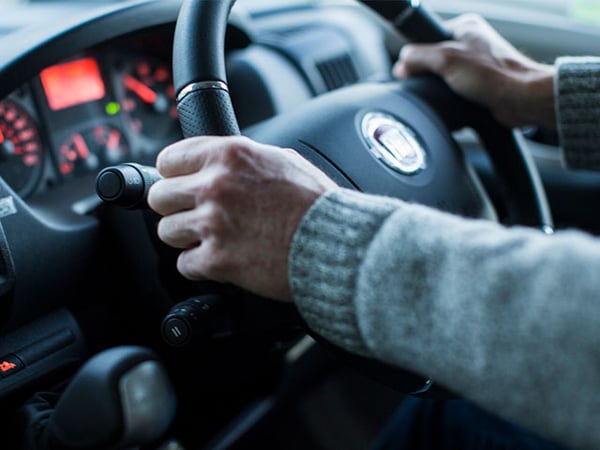
Motorhome vehicle transmissions have evolved over time — from the days of manual transmissions to 21st century automatics.
In this article, we’ll shed some light on what a vehicle transmission is while looking at the pros and cons of various motorhome transmissions. We’ll also offer advice on how to get the most out of your motorhome’s transmission.

Like their battery-powered counterparts in the passenger car, bicycle, and motorcycle sectors, more motorhomes will begin to travel electrically as we wean ourselves off fossil fuels.
That’s despite the many packaging challenges that electric motorhomes present such as substantial changes to existing electronic architecture to hold the huge batteries needed to drive the vehicles. Electric motorhome models may therefore take a little longer to enter the market than electric campervans — but a shift away from diesel power is inevitable.
In this discussion, we take a close look at increasing investment in electric vehicles and how that’s going to affect campervan and motorhome markets. Plus, we chat about range, infrastructure, and the relationship between battery weight and payload.
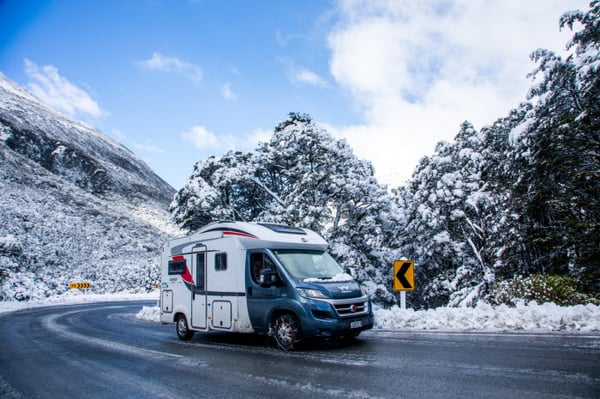
You’ve invested a lot of your hard-earned cash in your new motorhome. So why leave it parked up in the cooler months? You can savour those cold winter evenings on the road in a toasty warm motorhome.
A motorhome that’s fully winterised has been built for four seasons. It has full insulation, double glazed windows, and a grunty heater that can be used without needing to plug into mains power.
If you plan to use your motorhome in winter, a central heating system is a must. These are now standard in caravans and motorhomes imported from Europe.
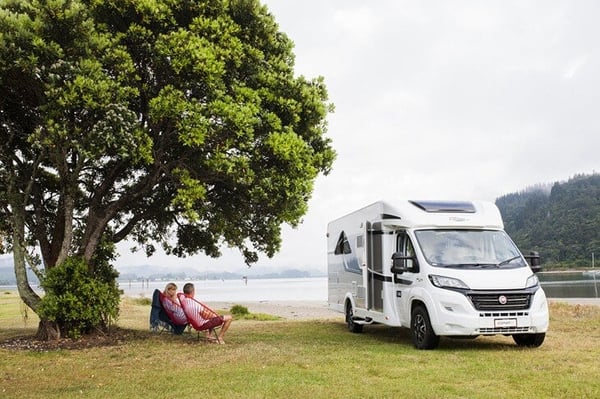
Do you absolutely love motorhoming? Have you almost reached that tipping point where purchasing a motorhome makes more sense than continuing to hire?
If exploring the magic of Aotearoa in a motorhome is your thing, you’ll likely consider buying over renting at some point — and when you do, read on, cause we’re here to help.

Finding a motorhome with the right balance of light, heating and ventilation is vital for your sense of wellbeing and relaxation. Although they’re invisible elements, they can have a considerable impact on your comfort and enjoyment.
Browse through our guide for some useful advice on these three important parts of purchasing an RV.
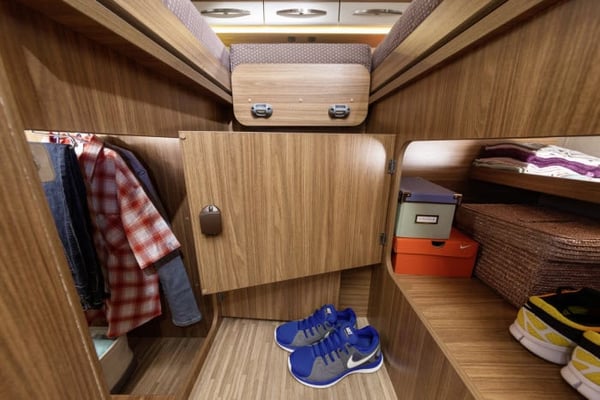
One of the best parts of touring by motorhome, compared with touring by car, is being able to unpack your bags just once. Instead of unpacking each night when you arrive at your hotel and repacking again the next morning before you move on, you only need to repack your suitcase on the last day of your motorhome holiday.

Every industry has its own jargon and the motorhome industry is no different. As new innovations are rolled out, new terms enter the lexicon of motorhoming. We’ve created this quick reference of common motorhome specific terms to help you navigate the motorhome buying process with ease.

The New Zealand government has made a commitment to playing our part in reducing the impact of climate change by significantly reducing CO2 emissions. One of their initiatives is to reduce vehicle emissions by incentivising the importation of low emission vehicles.
The New Zealand government has made a commitment to playing our part in …
With such a huge array of campervans and motorhomes on the market, it’s hard to know where to start when you’re new to the game. Don’t be put off by unfamiliar terminology. After all, it’s not rocket science!
We will walk you through the main types of campervans and motorhomes available in New Zealand and the pros and cons of each so you can get one step closer to finding the one that will suit you and your lifestyle.
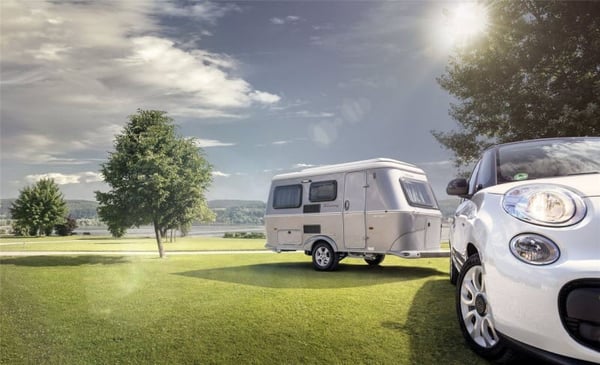
Camping earned a name for itself as a quintessential Kiwi holiday activity way back in the mid 1900s. Families would pack up their tents and camping gear and head somewhere scenic for the summer.
Camping earned a name for itself as a quintessential Kiwi holiday activity …